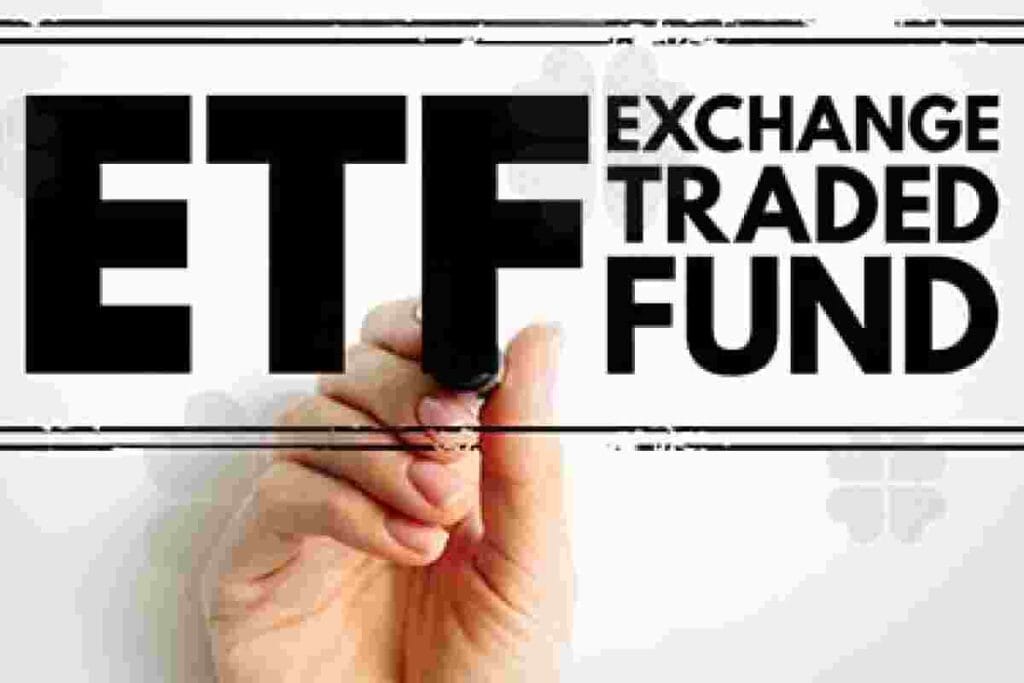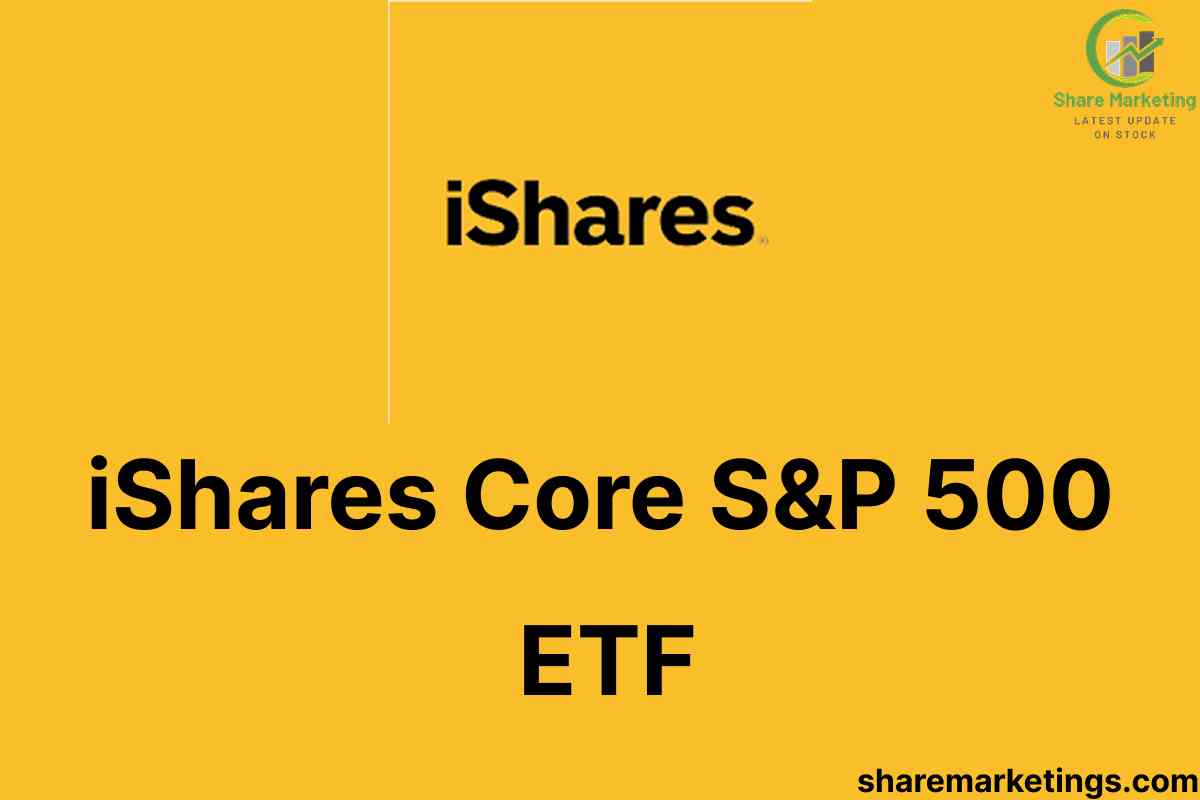The “Best” Exchange-Traded Fund Best ETF in India depends on your investment goals, risk appetite, and the type of exposure you’re seeking (e.g., equity, gold, debt, or international markets). Below are some of the top-performing ETFs across different categories in India:
Top Best ETF in India (as of 2024)
1. Equity ETFs
Equity Best ETF track stock indices like the Nifty 50 or Sensex, offering diversified exposure to the stock market.
Nippon India ETF Nifty 50
- Index Tracked: Nifty 5
- Expense Ratio: ~0.05%
- Suitability: Long-term investors seeking exposure to the top 50 Indian companies.
SBI ETF Nifty 50
- Index Tracked: Nifty 50
- Expense Ratio: ~0.05%
- Suitability: Passive investment in large-cap stocks.
HDFC Sensex ETF
- Index Tracked: Sensex
- Expense Ratio: ~0.10%
- Suitability: Exposure to India’s top 30 companies.
ICICI Prudential Nifty Next 50 ETF
- Index Tracked: Nifty Next 50
- Expense Ratio: ~0.12%
- Suitability: Mid-cap exposure with growth potential.
2. Sectoral/Thematic ETFs
These ETFs focus on specific sectors or themes.
ICICI Prudential IT ETF
- Index Tracked: Nifty IT
- Expense Ratio: ~0.30%
- Suitability: Investors looking to invest in the tech sector.
Nippon India ETF Bank BeES
- Index Tracked: Nifty Bank
- Expense Ratio: ~0.20%
- Suitability: Banking sector exposure.
The “Best” Exchange-Traded Fund (ETF) in India depends on your investment goals, risk appetite, and the type of exposure you’re seeking (e.g., equity, gold, debt, or international markets). Below are some of the top-performing ETFs across different categories in India:

Top ETFs in India (as of 2024)
1. Equity ETFs
Equity ETFs track stock indices like the Nifty 50 or Sensex, offering diversified exposure to the stock market.
Nippon India ETF Nifty 50
- Index Tracked: Nifty 50
- Expense Ratio: ~0.05%
- Suitability: Long-term investors seeking exposure to the top 50 Indian companies.
SBI ETF Nifty 50
- Index Tracked: Nifty 50
- Expense Ratio: ~0.05%
- Suitability: Passive investment in large-cap stocks.
HDFC Sensex ETF
- Index Tracked: Sensex
- Expense Ratio: ~0.10%
- Suitability: Exposure to India’s top 30 companies.
ICICI Prudential Nifty Next 50 ETF
- Index Tracked: Nifty Next 50
- Expense Ratio: ~0.12%
- Suitability: Mid-cap exposure with growth potential.
2. Sectoral/Thematic ETFs
These ETFs focus on specific sectors or themes.
ICICI Prudential IT ETF
- Index Tracked: Nifty IT
- Expense Ratio: ~0.30%
- Suitability: Investors looking to invest in the tech sector.
Nippon India ETF Bank BeES
- Index Tracked: Nifty Bank
- Expense Ratio: ~0.20%
- Suitability: Banking sector exposure.
3. Gold ETFs
Gold ETFs track gold prices and are ideal for hedging against inflation or currency risks.
Nippon India Gold ETF
- Expense Ratio: ~0.12%
- Performance: Tracks domestic gold prices.
- Suitability: Diversification and hedge against market volatility.
HDFC Gold ETF
- Expense Ratio: ~0.15%
- Performance: Aligned with physical gold prices.
4. Debt ETFs
Debt ETFs invest in government bonds or other fixed-income securities.
Bharat Bond ETF (2023, 2030, 2032)
- Underlying Assets: AAA-rated government and PSU bonds.
- Expense Ratio: ~0.05%
- Suitability: Low-risk, fixed-income investments with predictable returns.
5. International ETFs
International ETFs provide exposure to foreign indices like the NASDAQ or S&P 500.
Motilal Oswal NASDAQ 100 ETF
- Index Tracked: NASDAQ 100
- Expense Ratio: ~0.50%
- Suitability: Exposure to global tech giants like Apple, Amazon, and Google.
Edelweiss MSCI India Domestic and World Healthcare ETF
- Index Tracked: Global healthcare companies.
- Expense Ratio: ~0.80%
- Suitability: Sector diversification in healthcare.

Which Indian ETF gives the highest return?
The Indian ETFs offering the highest returns vary depending on the time frame. Here’s an overview based on recent performance:
(1) Motilal Oswal Nifty Realty ETF: Delivered an impressive 46.59% return in the past year. This ETF focuses on the real estate sector, which has experienced substantial growth recently
(2) Nippon India ETF Junior BeES: Tracks the Nifty Next 50 Index and has achieved a 5-year return of 195.25% and a 3-year return of 89.33%, making it a strong contender for mid-cap-focused investments
(3) Motilal Oswal Nifty Midcap 100 ETF: Provided a 36.69% return over three years, tracking the Nifty Midcap 100 Index, which includes some of the fastest-growing companies in India
(4) Mirae Asset Nifty Financial Services ETF: Returned 17.8% in the last year, leveraging the financial sector’s stability and growth potential
These ETFs cater to various sectors, offering diversified opportunities depending on your investment goals and risk tolerance. Always consider factors like expense ratios, liquidity, and tracking errors before investing.
Which ETF has the best 10-year return?
Among Indian ETFs, the Motilal Oswal NASDAQ 100 ETF and ICICI Prudential NV20 ETF have shown strong long-term returns:
(1) Motilal Oswal NASDAQ 100 ETF: This ETF provides exposure to the NASDAQ 100 index, comprising leading U.S. technology and non-financial companies. Over the past five years, it has delivered an average annual return of 25.75% and is considered a strong performer for global tech exposure
(2) ICICI Prudential NV20 ETF: Tracking the Nifty 50 Value 20 Index, this ETF focuses on undervalued companies from the Nifty 50. It has averaged 23.16% returns over five years, making it a robust choice for investors targeting value stocks in India
These ETFs demonstrate consistent performance, but investors should assess their risk tolerance and diversification needs before choosing.
Know More -> How To Invest In ETF Esily For First Time?
Know More -> ETFs: The Modern Investor’s Best Friend




Your point of view caught my eye and was very interesting. Thanks. I have a question for you.
Your point of view caught my eye and was very interesting. Thanks. I have a question for you.
Thank you for your sharing. I am worried that I lack creative ideas. It is your article that makes me full of hope. Thank you. But, I have a question, can you help me?
There is noticeably a lot to identify about this. I consider you made various good points in features also.
Thank you for your sharing. I am worried that I lack creative ideas. It is your article that makes me full of hope. Thank you. But, I have a question, can you help me?
угловой полотенцесушитель купить полотенцесушитель в ванную